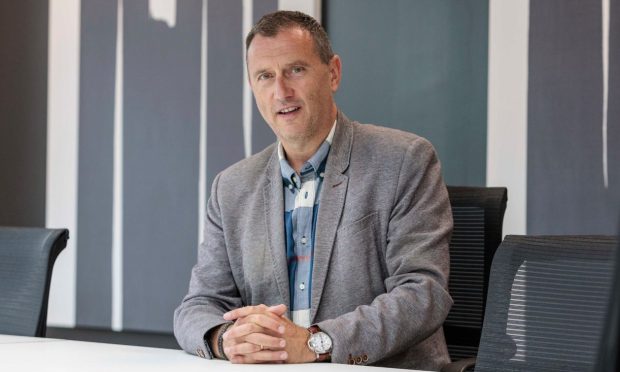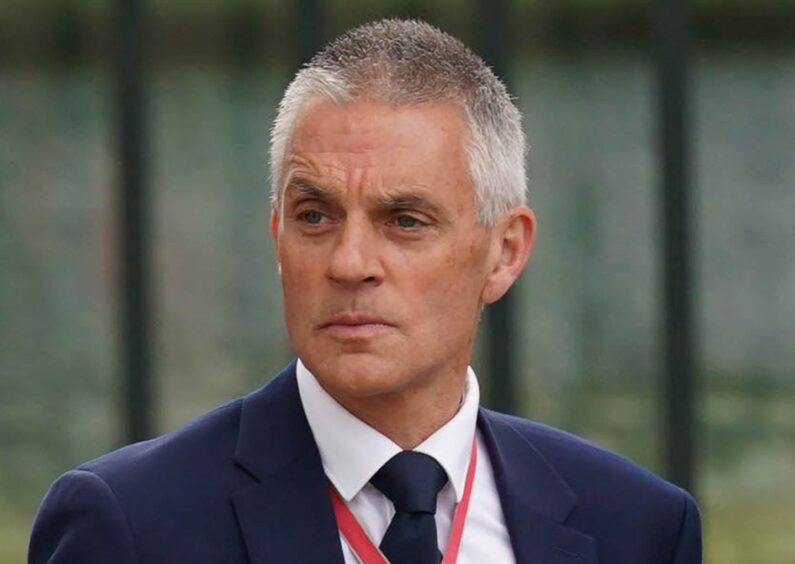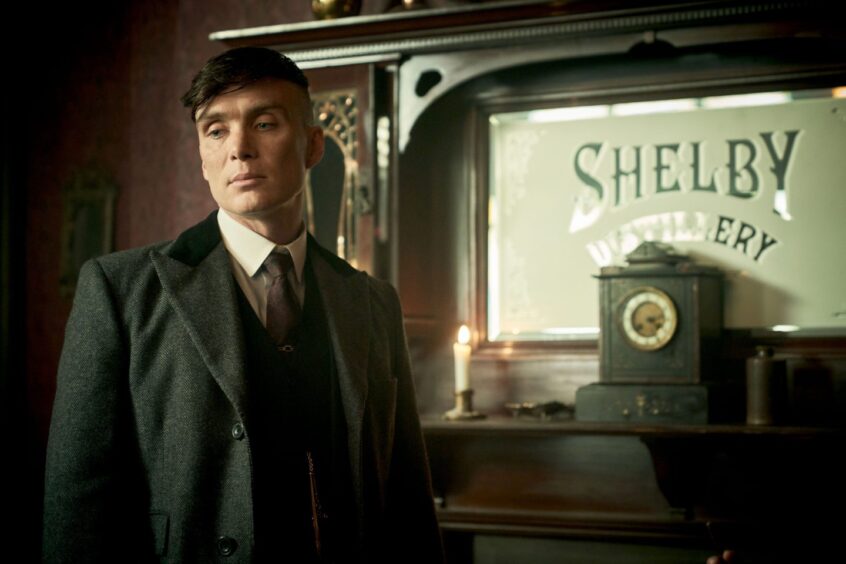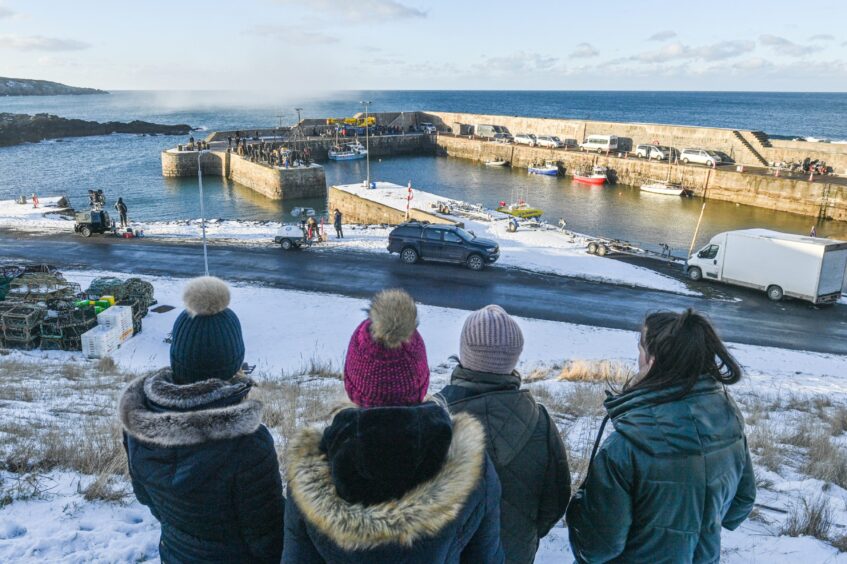Growing an economy and creating jobs is hard, something which we all understand here in the north-east as we embrace the energy transition.
But there is an economic opportunity staring this region in the face. It is enormous, yet rarely discussed.
The UK’s creative industries are vital. They employ more than two million people and grow faster than other parts of the economy.
According to recent statistics from the Department for Digital, Culture, Media and Sport, they contributed £109 billion to the economy in 2021. This equated to 5.6% of the total for that year.
Economic contribution of UK’s creative industries dwarfs oil and gas
To put that in context, that’s five times the GVA (gross value added) contribution made by the oil and gas sector.
Yet very little of that creative economic value is based here in the north-east and we really have to ask why not?
We have stunning landscapes, castles and even an empty prison which would add a dramatic backdrop to any production.
We need some leading women and men to step forward to lead the charge.”
We also have three brilliant higher education institutions churning out hundreds of graduates every year.
Many of these currently leave the region to find opportunities in their chosen sector but more could be retained if there were jobs here for them.
North-east question had ’embarrassing’ reply from BBC’s boss
We were fortunate to host Tim Davie, director-general of the BBC, at a business breakfast in Aberdeen during December.
We asked him why so little television and film production makes its way to our part of the world. His answer was actually pretty embarrassing for our region.
“Because nobody is banging on our door,” he said.
Big productions in Wales and Northern Ireland have been the product of lobbying by local politicians and civic leaders, combined with a big figure from the creative industries with an idea and a project.
We need some leading women and men to step forward to lead the charge for this region.
If we need any persuasion that it would be worth the effort, let’s take a look at what is happening elsewhere in the UK.
How the Tardis landed in Wales
Cardiff was chosen as the home for Doctor Who by the BBC in 2004 and the broadcaster began filming there the following year.
It was the corporation’s then drama commissioner, Jane Tranter, who persuaded BBC Wales head of drama Julie Gardner to work with writer Russell T Davies to create the new series in the city.
The show’s production hascreated thousands of jobs, birthing a wider TV drama industry around it.
A BBC report into the economic impact of Doctor Who found it delivered more than £134 million in GVA in Wales and a total contribution of £256m to the UK economy.
But it also triggered a far greater investment by other production companies who were persuaded to film in Wales after witnessing its success.
It was really the catalyst for what is an exceptional industry in Wales, and many different productions from all over the world have filmed there since.
Derry Girls and other shows pumping cash into Northern Ireland
And the industry is having the same catalytic impact elsewhere. For example, movie and screen productions filmed in Northern Ireland have pumped £330m directly into the region’s economy since 2018.
Over the past four years, the country has been home to massive hits like Lisa McGee’s Derry Girls and Kenneth Branagh’s Oscar for Belfast, and record audiences for Line of Duty and Bloodlands, and Netflix’s The School for Good and Evil.
And in England, Birmingham attracted a record number of tourists as fans of Peaky Blinders flocked to explore the world associated with the hit BBC gangster series.
The UK’s second largest city and the wider West Midlands region are becoming significant beneficiaries of the growing phenomenon of so-called “screen tourism”, where fans base a holiday on visiting locations related to popular films and TV shows.
A record 42.8 million tourists have visited Birmingham as the city cashes in on its status as the home of the real-life Peaky Blinders criminal gang, which operated from the 1890s to the 1930s.
Aberdeenshire recently landed itself a starring role in the finale of the show, with Portsoy doubling up as Miquelon Island for a final showdown between Tommy Shelby and his cousin Michael Gray.
Let this be the first of many fictional mobsters meeting a sticky end on the turf of Aberdeenshire.
There is an enormous prize out there – we just need to go out and grab it. My feeling is we would be pushing on an open door with Tim Davie.
Russell Borthwick is chief executive of Aberdeen and Gramian Chamber of Commerce.





Conversation